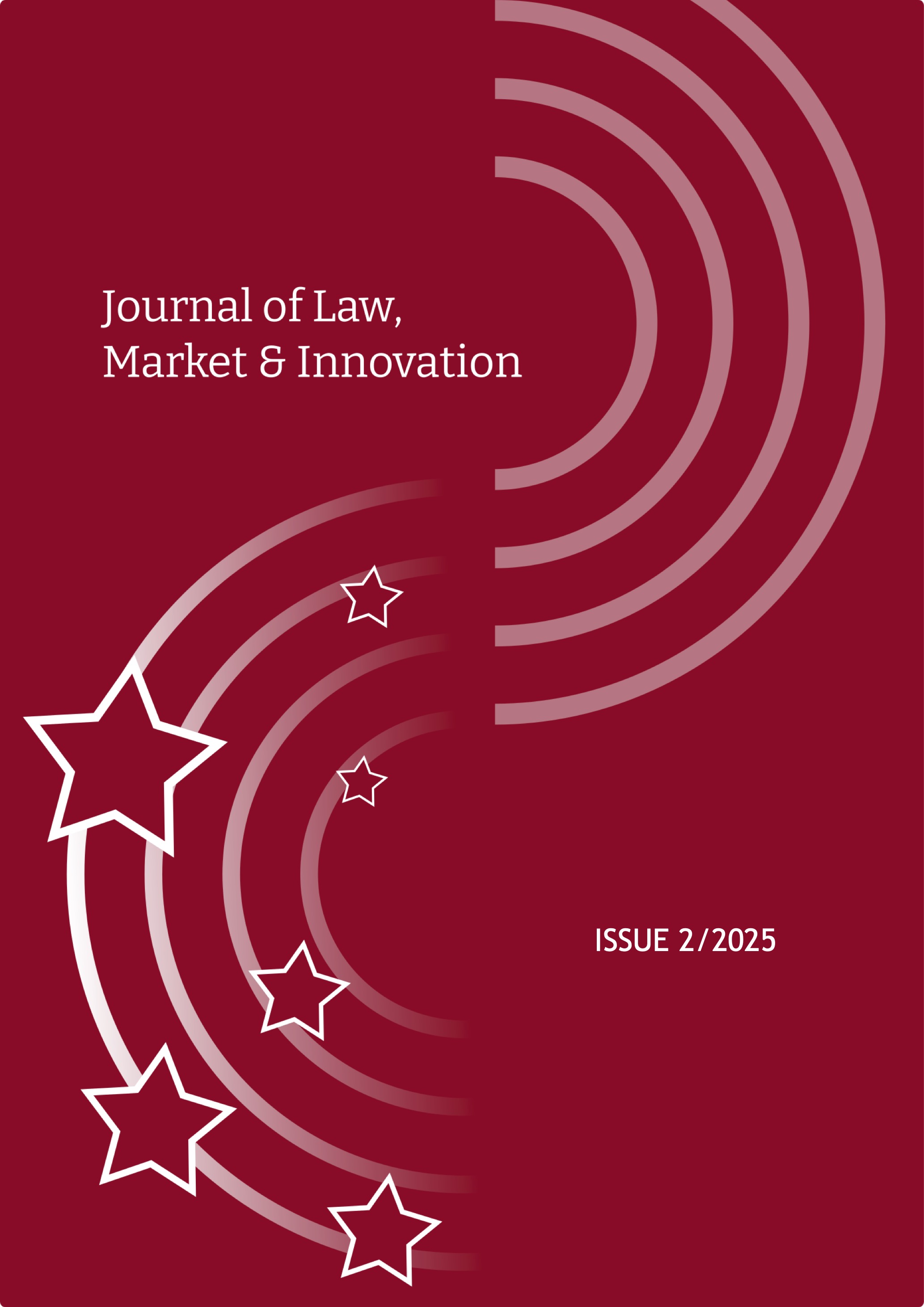Blockchain in agrifood supply chain: Achieving traceability and sustainability under the un 2030 agenda
DOI:
https://doi.org/10.13135/2785-7867/12269Keywords:
Blockchain technology , Circular economy , Supply chain, Food safety regulation, Digital transformationAbstract
A comprehensive social and regulatory framework could incentivise States to pursue a balanced integration between digital transformation, ecological transition, and agricultural development. Within this context, it is increasingly feasible to design trustless, intermediary-free production chains that reduce critical inefficiencies, foster innovative forms of competition, and promote new models of sustainability. Blockchain technology emerges as a trusted infrastructure for certification and data storage, providing guarantees of certainty, transparency, and security. These features not only enhance consumer awareness but also provide a potential solution to the persistent issue of counterfeiting. This study aims to examine how this infrastructure can adapt to the diverse requirements established by European, national, and regional legislators, particularly about food safety, traceability, and eco- sustainability. Rethinking blockchain integration within supply chains could thus mark a turning point in reshaping the current bioeconomy, transitioning from a traditionally linear economic model to a truly circular economy. In such a system, waste materials are either reintegrated into other production cycles or responsibly disposed of in an environmentally responsible manner. To achieve a genuinely sustainable and circular economy, the integration of blockchain with digital twin technology could enable comprehensive, qualitative tracking and monitoring of products throughout their entire lifecycle — from production to disposal — ensuring their reusability. While technology can efficiently address challenges related to traceability and counterfeiting, it cannot replace the subjective evaluations required for issuing certifications such as P.D.O. (Protected Designation of Origin) and P.G.I. (Protected Geographical Indication), which remain essential in the context of supply chain economies. It is important to underscore, however, that certifying a product is not equivalent to certifying its entire supply chain. By enhancing the reliability and efficiency of the information it processes, blockchain could improve supply chain management and overall profitability. In turn, this would promote a more balanced and transparent B2C (business-to-consumer) relationship, reducing informational asymmetries and strengthening contractual trust.




 EJIF has been approved for inclusion in
EJIF has been approved for inclusion in  The Journal of Law, Market & Innovation is indexed in
The Journal of Law, Market & Innovation is indexed in  The Journal of Law, Market & Innovation is indexed in
The Journal of Law, Market & Innovation is indexed in  The Journal of Law, Market & Innovation is indexed in
The Journal of Law, Market & Innovation is indexed in  The Journal of Law, Market & Innovation is indexed in
The Journal of Law, Market & Innovation is indexed in  The JLMI is classified as a "scientific" journal for Law (Area 12) by the Italian
The JLMI is classified as a "scientific" journal for Law (Area 12) by the Italian 